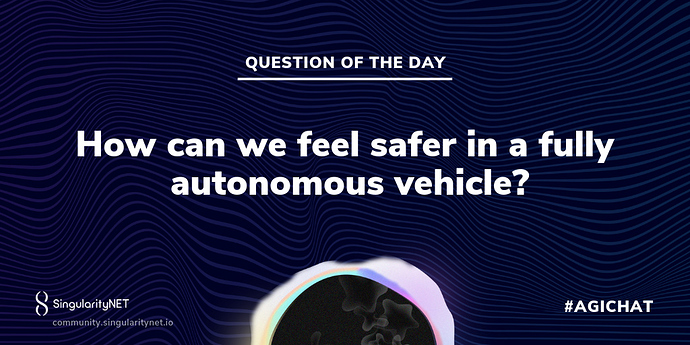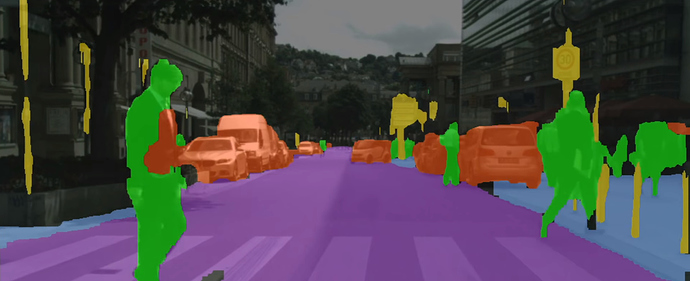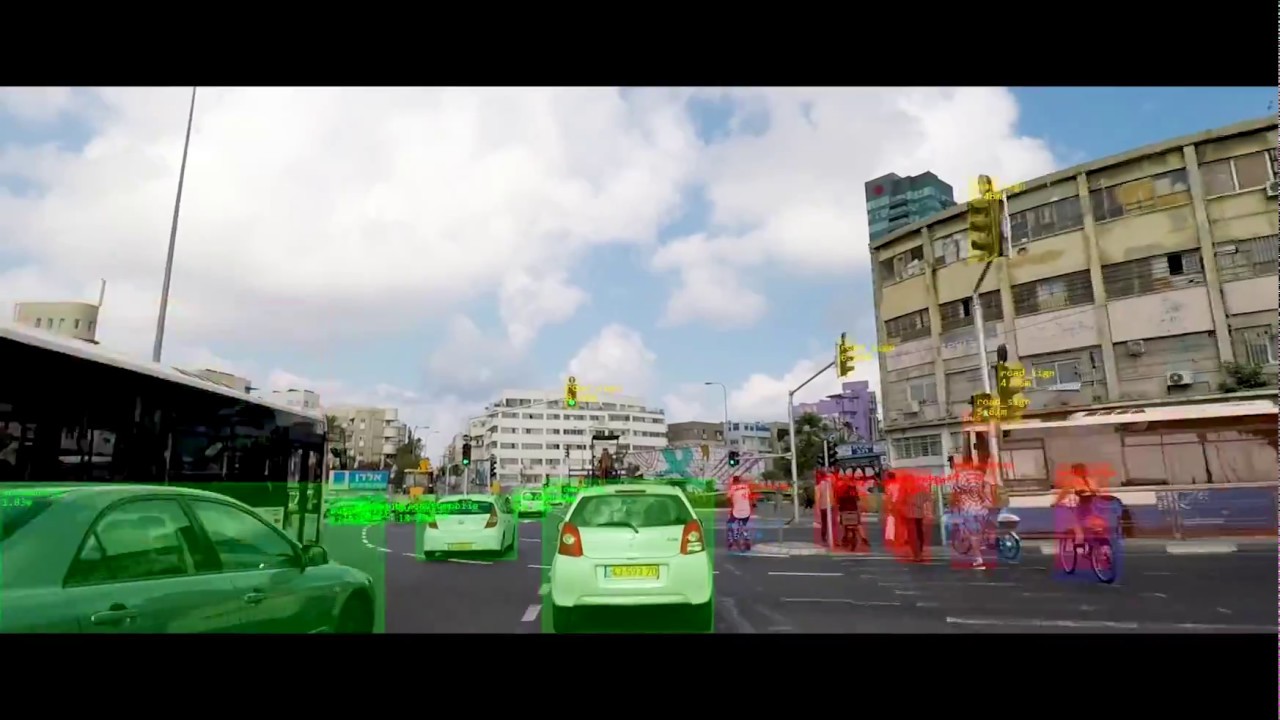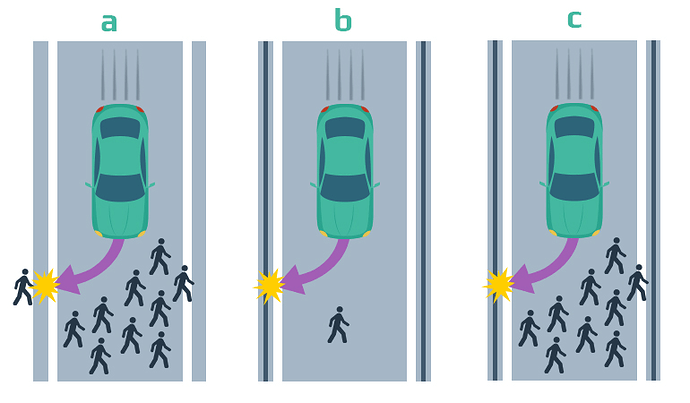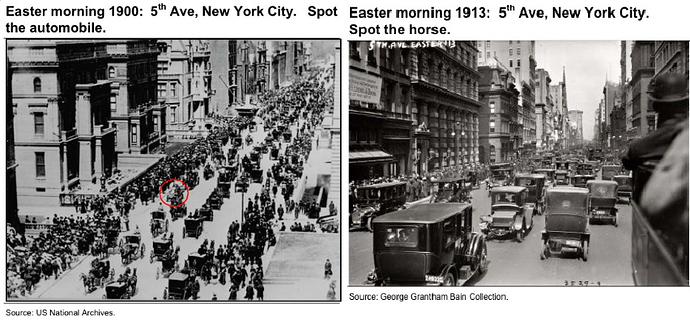Are you ready to kick back and read the news or take a nap while your car takes you anywhere you want to go?
While not necessarily far from the truth in the near future, the statement above is nowhere near as simple as one might conceive. We’ve all heard about the main players in this game, but it is more than just giving the market an Autonomous Vehicle (AV) that is fully capable and tested - it’s about making the people feel and know they’re safer by making use of them.
Let’s address the elephant in the room - there have been tragic stories of fatal accidents caused by AVs in the recent past, and those are losses that we’re still having trouble processing. This is a factor we must weight and consider heavily for the future of AVs on our roads - but in an era where traffic-related fatalities are steadily climbing, scientists and engineers are teaming up in an effort to reduce this statistic by minimizing factors of human error such as fatigue, impaired judgment or lack of civil responsibility driven by negative emotion.
There is room to argue that autonomous vehicles haven’t had enough time on the road and haven’t been thoroughly tested in the same conditions some of us face each and every single day. Still, even though an AV has a limited, strict, data-driven vision of the world around it, it won’t be driving you around drunk, nor distracted by a text message on the mobile phone - it will constantly be reading the data input from its many sensors and making decisions in a split-second.
Looking past the fact that AVs have a very crude view of the world around them, we cannot deny that having numerous and various types of cameras, radar, and lidar (a laser-guided radar) along with a ton of processing (and horse) power will help the machine process all the data found around it. Such sensors allow a clear picture that charts out navigation smoothly, cross-referencing it with GPS for better positioning recognition. Us, humans, rely purely on our senses as input, and our memory as GPS - which we all know too well may prove unreliable.
As AVs evolved over the years, it became clear these machines had obvious advantages over humankind regarding reaction-time to avoid a collision, the ability to see in low-light conditions which enable the detection of potential obstacles and possible communication with other vehicles by sharing reports/logs about the roads travelled.
It is true that automated vehicles will not take the decisions most of us would take and some might even question the morality of letting the machine choose what’s right for us as sometimes the “right” choice may not be the one we’re expecting.
But over 90% of the crashes in the United States alone are due to human error, which makes one think: why are people so fearful of giving AVs a chance for safety? Not only that, but why are people not willing to trade the comfort of the familiarity they have with their current lifestyle for the even greater potential comfort this segment has to offer?
Nearly three-quarters of Americans are still afraid of riding in self-driving cars, but looking at the facts it seems that humans are very close to losing the title of best drivers to AI. Although that is already making rides much safer for some, the majority still fears to travel in such vehicles.
Maybe if there was actually someone in the driver’s seat they would feel a bit more relaxed? Well, there is already a self-driving robot chauffeur! It that can fit in a suitcase and make most vehicles autonomous. Although still lacking emphatic skills, could these handy driving “companions” become the solution for the most apprehensive ones in the near future?
Let us know what do you think in the comments and stay tuned for the next issue!

